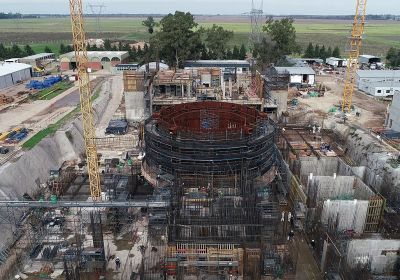
Merri-bek City Councillors Sue Bolton and Monica Harte organised a community protest against the $368 billion AUKUS nuclear-powered submarines. Jacob Andrewartha reports.

Merri-bek City Councillors Sue Bolton and Monica Harte organised a community protest against the $368 billion AUKUS nuclear-powered submarines. Jacob Andrewartha reports.

Campaigners, members of parliament and councillors gathered on the steps of Parliament House to urge the Victorian government to improve public transport in the western suburbs. Gabriel Di Falco reports.

All state and territory governments are focused on the renewables transition, so why is the nuclear power “debate” refusing to die? Dr Jim Green investigates.

A more climate-friendly federal government does not give Victoria an excuse to become complacent, argues Anna Langford.

New federal environment minister Tanya Plibersek is being asked to reconsider nearly all new coal and gas proposals awaiting federal approval. Cam Walker reports.

It is no accident that nuclear energy has resurfaced in the public debate as a more widespread public understanding about the necessary transition to renewables takes place, anti-nuclear activists tell Paul Gregoire.